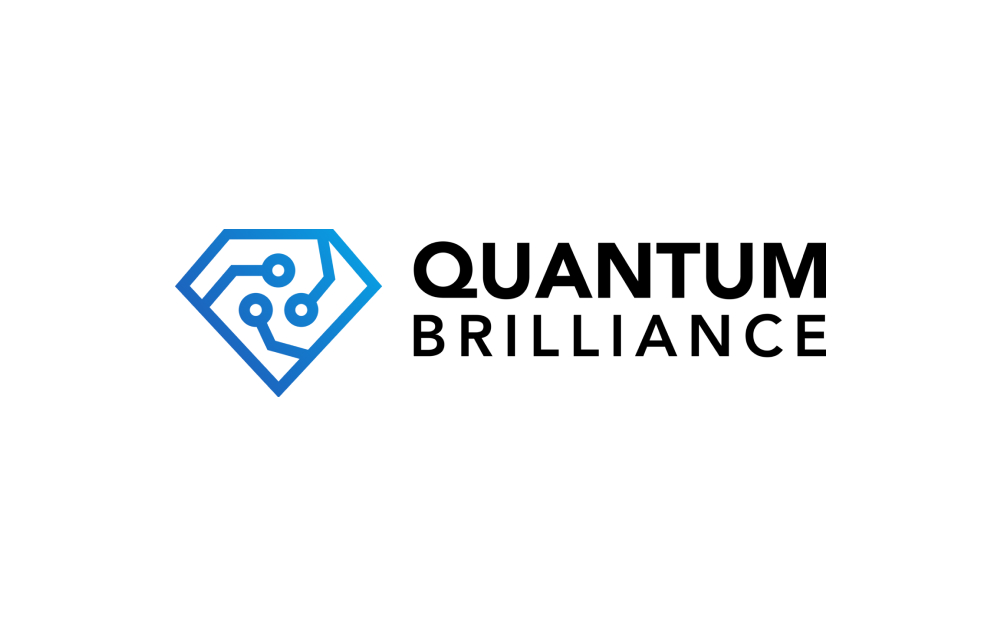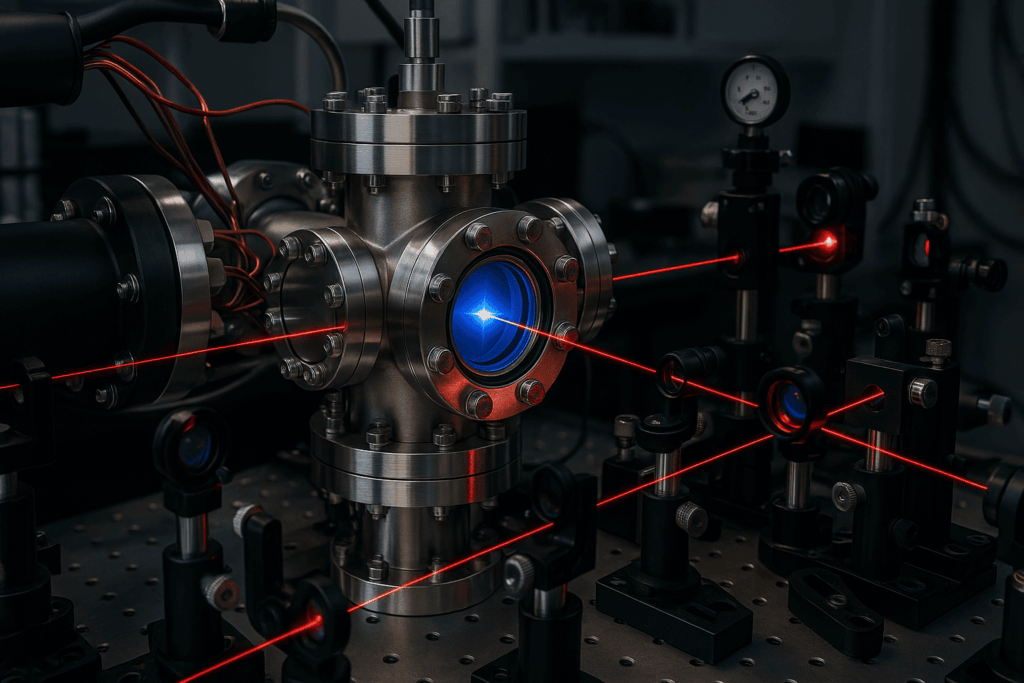Insider Brief
- Quantum Brilliance announced the launch of its Qristal software suite, enabling R&D teams to explore integrating quantum systems in real-world applications.
- Developers and researchers can use Qristal, d develop and test novel quantum algorithms specifically designed for quantum accelerators.
- Critical Quote: “Qristal provides a powerful tool for developers and researchers in any field to explore the quantum utility or ‘usefulness’ of our quantum accelerators.” — Mark Luo
PRESS RELEASE — Quantum Brilliance, the leading developer of room-temperature miniaturised quantum computing products and solutions, announced the launch of its Qristal software suite, enabling R&D teams to explore integrating quantum systems in real-world applications in a critical step towards practical utility of the technology.
With Qristal, developers and researchers can now develop and test novel quantum algorithms specifically designed for quantum accelerators rather than quantum mainframes. Within the suite, the Qristal Emulator enables users to determine the number of qubits that will be required to outperform classical computers in hybrid classical/quantum applications in data centres, aerospace, autonomous vehicles, mobile devices and more.
“Qristal provides a powerful tool for developers and researchers in any field to explore the quantum utility or ‘usefulness’ of our quantum accelerators,” said Mark Luo, CEO and co-founder of Quantum Brilliance. “Our software suite can help people discover for themselves that quantum computers don’t need to outperform supercomputers to provide value, moving the technology out of the lab and into practical solutions sooner.”

With full integration of C++ and CUDA features, Qristal users will have the ability to create high performance software for production, testing on realistic models of the Quantum Brilliance’s diamond-based quantum accelerators. Qristal also supports the development of embedded software and will soon be incorporating support for Nvidia’s QODA, making it a versatile solution for quantum computing research.
Additionally, the software uses MPI, the global standard for large-scale parallel computing, to enable exploration of potential applications of parallelized room-temperature quantum accelerators in high-performance computing (HPC) deployments.
“As an experienced quantum chemist but a relative newbie to quantum computing, I was impressed by the user experience and high-level abstractions of the Qristal SDK,” said Dr. Marco De La Pierre, supercomputing application specialist at the Pawsey Supercomputing Centre and a Qristal beta user. “I could set up and run my own quantum chemical simulations through Qristal with almost no knowledge of quantum circuits, quantum gates and other low-level quantum computing jargon.”
Quantum Brilliance’s quantum computers use synthetic diamonds to operate at room temperature in any environment. Unlike large mainframe quantum computers, Quantum Brilliance’s devices do not require cryogenics, vacuum systems and precision laser arrays, meaning the company’s technology consumes significantly less power and can be deployed onsite or at the edge. Currently the size of a desktop PC, the company is working to further miniaturise its technology to the size of a semiconductor chip that can be used on any device and wherever classical computers exist today, unlocking practical quantum computing for everyone.
The Qristal SDK and Qristal Emulator are now in open beta and will be widely available in Q2 2023. Interested quantum software developers and enthusiasts are invited to join the project on Quantum Brilliance’s public GitLab repository where they can start coding and interacting with Quantum Brilliance’s software and applications team.
To learn more about Quantum Brilliance, visit www.quantumbrilliance.com.
If you found this article to be informative, you can explore more current quantum news here, exclusives, interviews, and podcasts.















